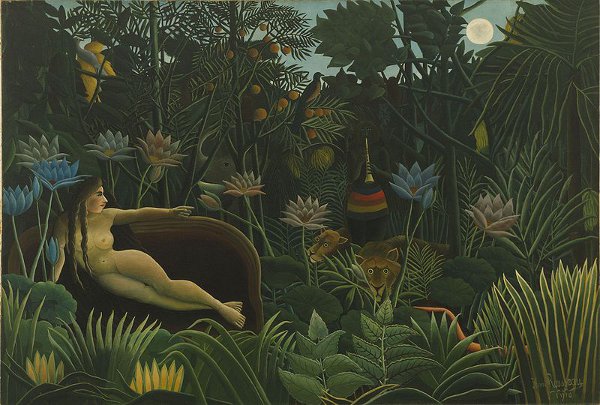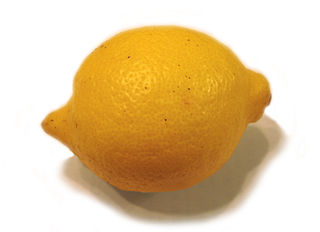
“In dreams I do not recollect that state of feeling so common when awake, of thinking of one subject and looking at another.” — Coleridge
“In dreams you sometimes fall from a height, or are stabbed, or beaten, but you never feel pain.” — Dostoevsky
“In a dream you are never eighty.” — Anne Sexton
“The waking have one common world, but the sleeping turn aside each into a world of his own.” — Heraclitus


